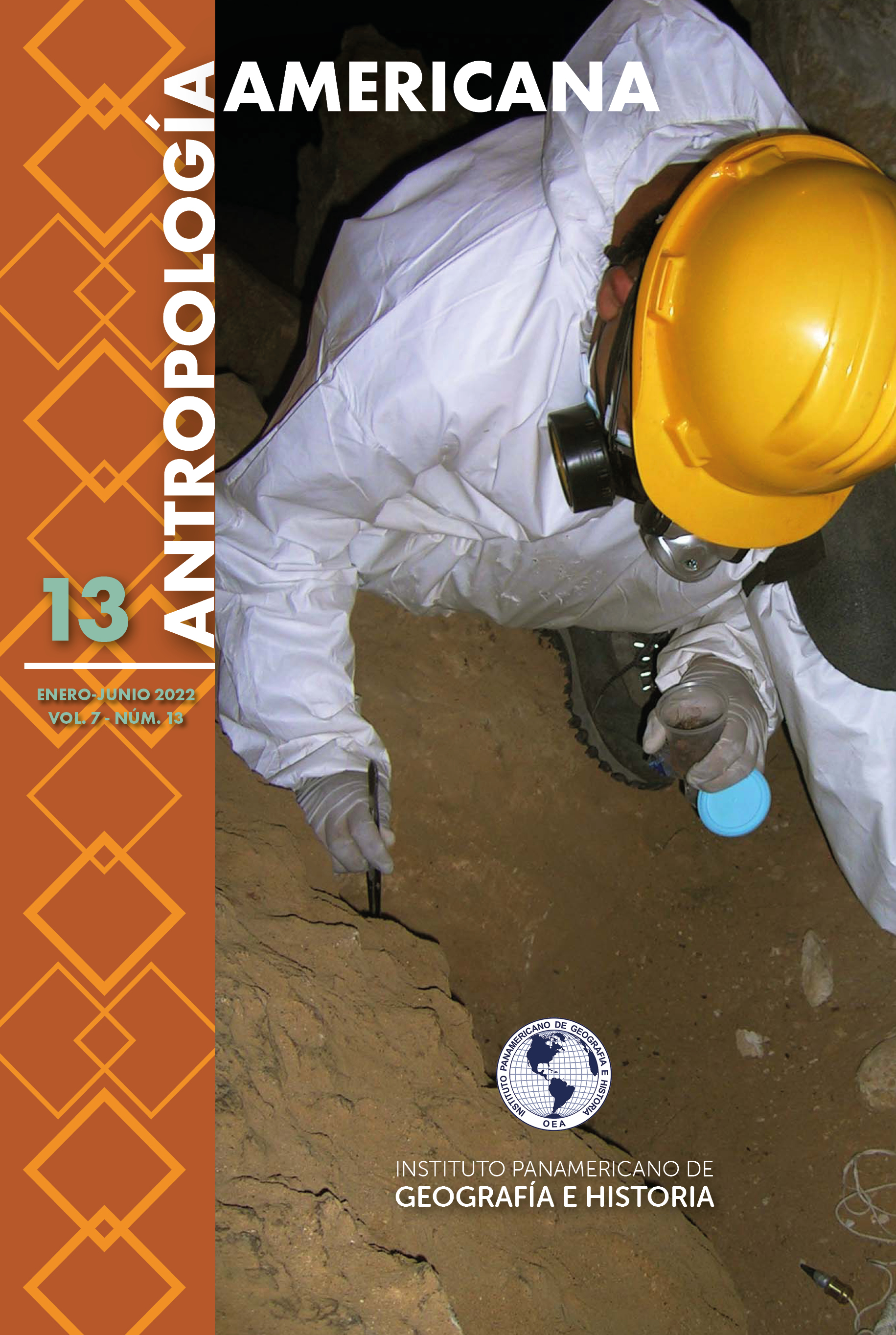Ethnocide or genocide? The drama of indigenous boarding schools and the indigenous policy of Canada (1880-1976)
Main Article Content
Abstract
In May 2021, the discovery of a clandestine graveyard, with hundreds of anonymous burials, on land belonging to an old residential school for indigenous children in British Columbia, was a shock for Canadian public opinion. It appeared necessary to reexamine some dark pages in the country’s history : between 1880 and 1996, about 150 thousands indigenous children were taken out of their families and communities and sent to residential schools under the authority of the Catholic Church (70%) or Protestant Churches (30%). The explicit aim was to suppress any trace of their languages and cultures so that they could be assimilated into Canadian society. This policy had disastrous results, at both psycho-social and physical levels. Thousands died because of undernourishment and poor medical care. Moreover, large numbers were victims of pedophile priests. The silence over this drama was broken by the Royal Commission on Indigenous Peoples (RCIP), which held hearings between 1991 and 1996. The Federal Government was obliged by the courts to pay to survivors important indemnities, which will never compensate for the damages caused to generations of children. The damages fall within the definition of genocide as accepted by the UN.
Downloads
Article Details
-
Abstract2211
-
PDF (Español)827
-
HTML (Español)809
-
ePub (Español)396

